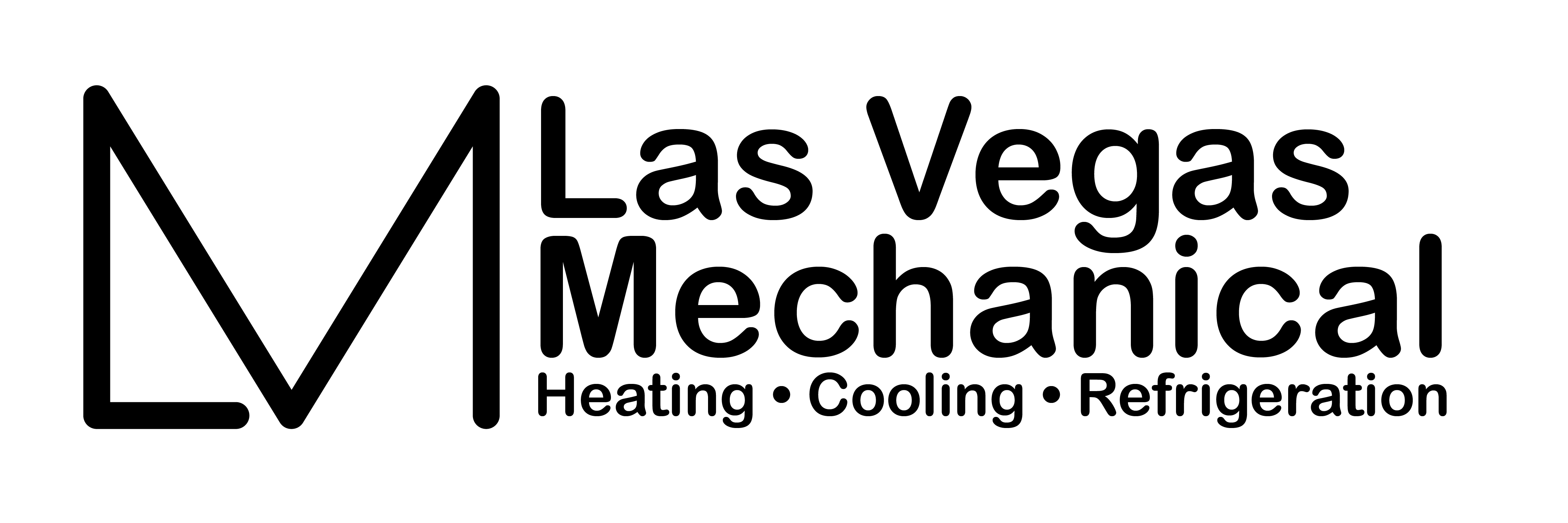The HVAC (Heating, Ventilation, and Air Conditioning) system is an integral part of any modern building. It plays a crucial role in regulating the temperature and humidity levels, providing clean and healthy air, and maintaining a comfortable and safe indoor environment. However, among all the components of the HVAC system, there is one part that stands out as the most important, and that is the air filter.
The air filter is a simple yet crucial component of the HVAC system. Its primary function is to remove impurities and contaminants from the air before it circulates throughout the building. These contaminants can include dust, dirt, pollen, pet dander, mold spores, bacteria, and viruses. Without an air filter, these contaminants would circulate freely throughout the building, leading to poor indoor air quality and potential health problems for occupants.
There are various types of air filters available, ranging from basic disposable filters to high-efficiency particulate air (HEPA) filters. The type of filter used depends on the specific needs of the building and its occupants. For example, hospitals and laboratories may require HEPA filters to remove airborne pathogens, while residential buildings may only require basic filters to remove dust and allergens.
In addition to improving indoor air quality, air filters also play an important role in the overall performance and efficiency of the HVAC system. When air filters become clogged with contaminants, it can restrict the airflow and cause the HVAC system to work harder to maintain the desired temperature and humidity levels. This can result in increased energy consumption, higher utility bills, and potential damage to the HVAC system.
Regular maintenance and replacement of air filters are crucial to ensuring the optimal performance and longevity of the HVAC system. How often air filters need to be replaced depends on various factors, such as the type of filter, the size of the building, the number of occupants, and the level of indoor air pollution. However, as a general rule, air filters should be replaced at least every three months, and more frequently in high-occupancy or high-pollution environments.
In conclusion, the air filter is undoubtedly the most important part of the HVAC system. It plays a critical role in improving indoor air quality, ensuring optimal performance and efficiency, and maintaining a comfortable and healthy indoor environment. As such, building owners and managers should prioritize the regular maintenance and replacement of air filters to ensure the long-term health and safety of occupants and the HVAC system.
